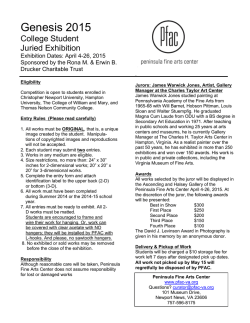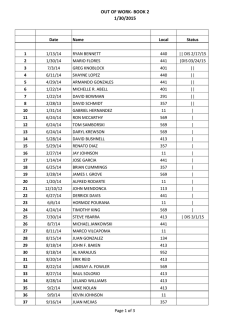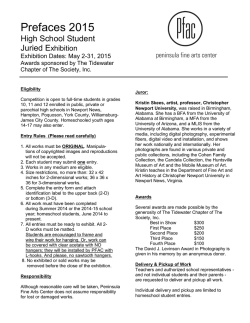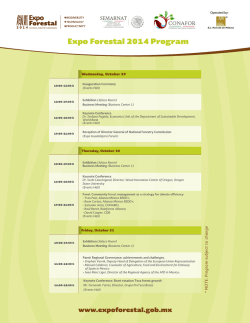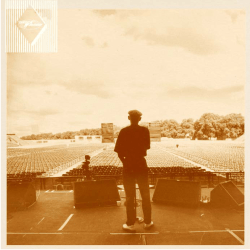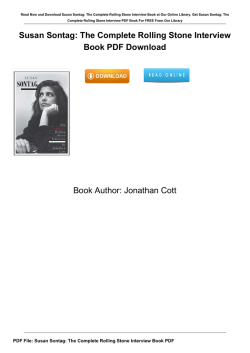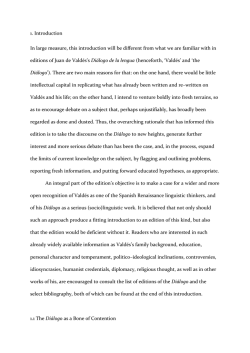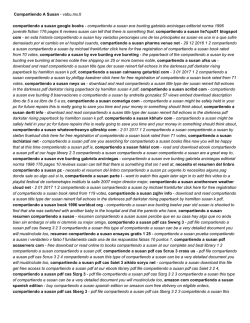
• Exhibition: “Into Great Silence” • Artists: John Cage · Chto Delat
Exhibition: “Into Great Silence” Artists: John Cage · Chto Delat · Tacita Dean · Pepe Espaliú · Philip Gröning · Susan Hiller · Susan Philipsz · Doris Salcedo · Tino Sehgal · Hiroshi Sugimoto Alonso Cano · Juan Martínez Montañés · Juan de Mesa · Vasco Pereira · Lucas Valdés · Juan de Valdés Leal · Diego Velázquez · Francisco de Zurbarán o Date: October 9, 2015 - February 7, 2016 Spaces: North Cloister Curator: Juan Antonio Álvarez Reyes Exhibition Session: 25th Aniversary Susan Sontag and Paul Virilio drew our attention to two decisive factors in the recent history of contemporary art. In "The Aesthetics of Silence", the American essayist wrote that "most valuable art of our time has been experienced by audiences as a move into silence (or unintelligibility or invisibility or inaudibility)". The French author, for his part, noted in "Silence on Trial" that “the Audio-Visual [is] aiming to put paid to the silence of vision in its entirety”. This exhibition, whose title is borrowed from the well-known film by German director Philip Gröning, offers a modern take on different concepts associated with the Carthusian way of life, as the CAAC's home was originally built to house a community of that monastic order. Even today, one can still sense an atmosphere of solitude and isolation, silence and contemplation, in this place, despite the transformations wrought by history and its current use as a museum. Gröning's film about the daily lives of monks at the Grande Chartreuse, founded in 1084 by St. Bruno near the French Alps, serves as an introduction to one of the five segments into which the show is divided. The audio piece by Susan Philipsz is also inspired by another Carthusian establishment, that of Valldemossa on the island of Mallorca. Furthermore, another gallery contains selected works by old masters (Velázquez, Zurbarán, Alonso Cano, Martínez Montañés, Valdés Leal, etc.) that were collected by the monks in Seville, removed from the monastery during the Ecclesiastical Confiscations, and have now returned, nearly two centuries later, for a brief visit to their former home. The other four sections of the exhibition explore some of the variations on silence and the void that have emerged in art since the 1960s (John Cage, Hiroshi Sugimoto, Tino Sehgal), the idea of social or political isolation (Pepe Espaliú and Chto Delat), and contemplation as decision and its devices (Susan Hiller and Tacita Dean). The itinerary ends with a reflection on death as the great silence, facilitated by Doris Salcedo's sculpture and a painting by Lucas Valdés about the interment of the monastery's patrons..
© Copyright 2026
